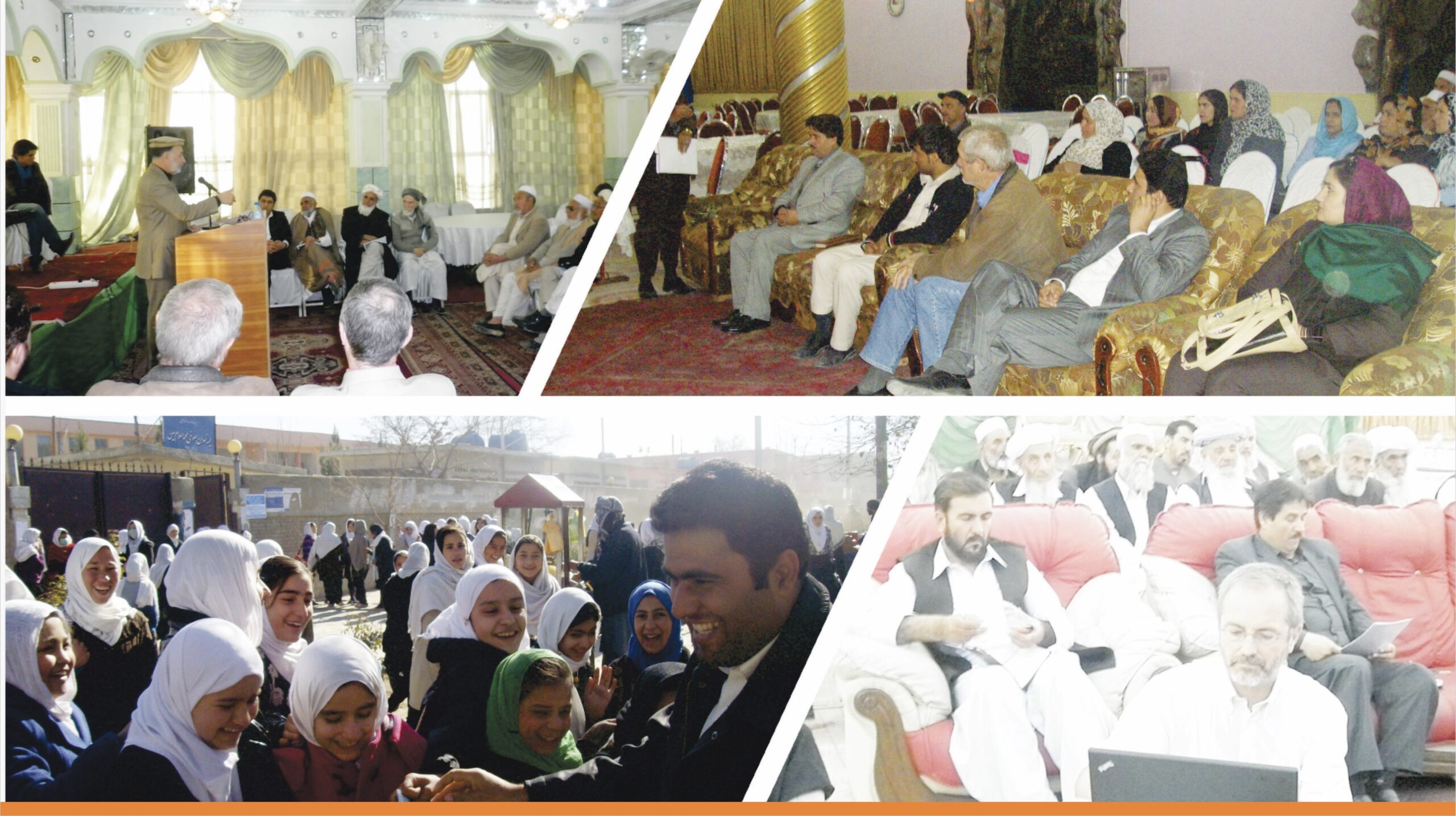HRWMO, previously known as Women Human Rights and Media Organization (WHMO), implemented water, health, and sanitation programs funded by Fichtner Water & Transportation. The programs aimed to educate and inform families, religious leaders, area Wakil-e-Guzar, and elders in specific regions of Khoshal Khan Mena, Rahman Mena, Parwan 3, and Deh Now-e-Deh Bury. The goal of the campaign was to promote the connection to the new water supply for Kabul, facilitate the payment of registration fees, streamline house connection application procedures, and enhance residents’ understanding of drinking water, hygiene, health, and sanitation practices.
Additionally, the campaign sought to build and restore confidence in the water distribution system and improve consumer knowledge about turning off the tap, protecting the meter, and paying the buills.
The first component of the campaign was organized Simultaneously in project-targeted regions by female trainers. A total of 7,127 households and 49,889 males and females were trained regarding the project’s objective. In addition, the second visit was the complementary process of the first. This phase was conducted on application procedures, pollution of the environment, and comparison of tap water with ordinary well water, watering plants and greenery, and waste of tap water. A total of 6,565 households and 45,955 males and females were trained regarding project objectives. During the house-to-house visit training, 60,000 trifolds, posters, leaflets, and banners were distributed to understand households better. Moreover, HRWMO established a telephone wire system to solve its beneficiaries’ problems and other relevant technical problems of the project, and relevant problems were reported to Water for Kabul Consultants.

HRWMO organized stakeholder workshops with Water for Kabul Consultants, Afghan Urban Water Supply and Sewerage Corporation (AUWSSC), and Kabul Strategic Business Unit (KSBU) in four targeted regions. The stakeholder workshops were attended by over 400 area representatives, including Wakil-e-Guzars, religious leaders, street representatives, teachers, police officers, and community elders. The workshops included discussions on the importance of drinking water, led by Mr. Eng Dad M. Baheer, the general director of Afghanistan Urban Water Supply and Sewerage Corporation (AUWSSC), Mr. Eng Latif Muzafarkhil, the head of Kabul Strategic Business Unit (KSBU), and Mr. Friedrich Fahrlander, a water awareness expert from Fichtner Water & Transportation.
The HRWMO organized various activities to engage and train community representatives, religious scholars, and elders in order to raise awareness about the importance of water in Islamic beliefs. These activities included discussions, training sessions, and sermons delivered through mosque loudspeakers during Friday prayers. The topics covered included the importance of clean water, proper water storage, hygiene practices, environmental pollution, water supply systems, registration processes, and the Islamic principles related to water. Additionally, the HRWMO conducted focus groups with the participation of 300 influential community leaders and religious scholars.
Moreover, during the project period, HRWMO visited 13 female schools and conducted school-to-school training sessions. They also distributed 20000 notebooks to the students. The school-to-school sessions engaged more than 124500 female students on critical issues such as the importance of clean water, proper water storage, hand hygiene, environmental pollution, water supply systems, registration processes and conditions, the value of water, the source of tap water, and water-based on Islamic principles.
Related Documents
Hygeien and Saniation Training Trifold
Water Application Training Trifold
For more information on this initiative, please get in touch with Wali A. Shirzad, Strategic Partnership Manager.





